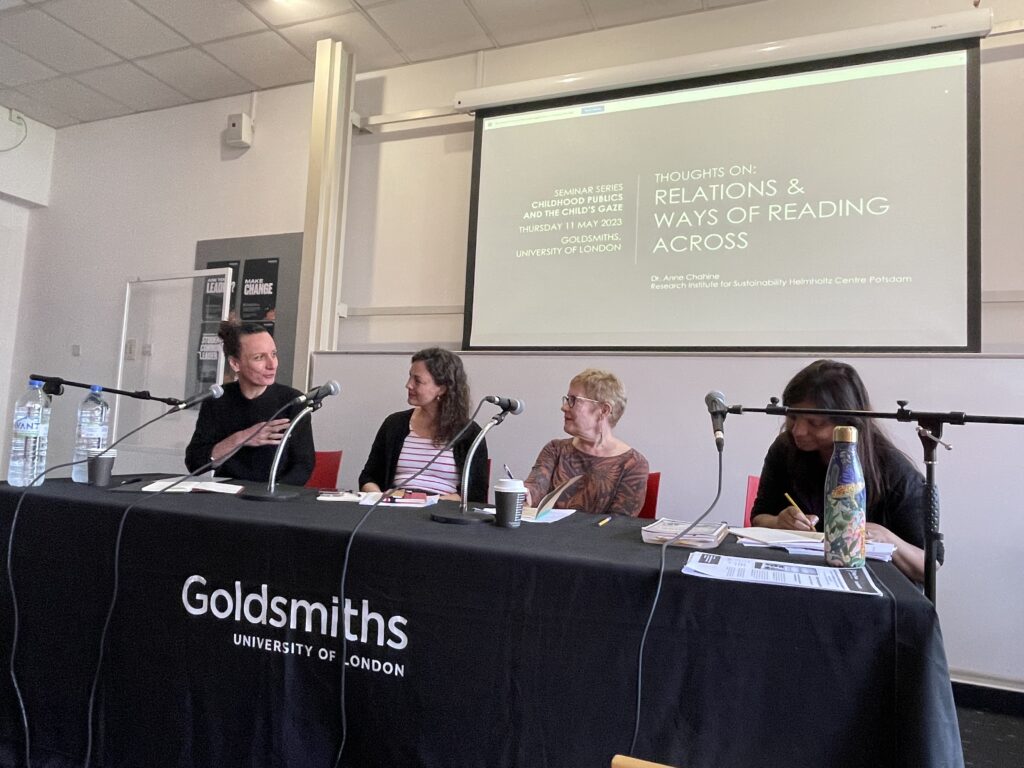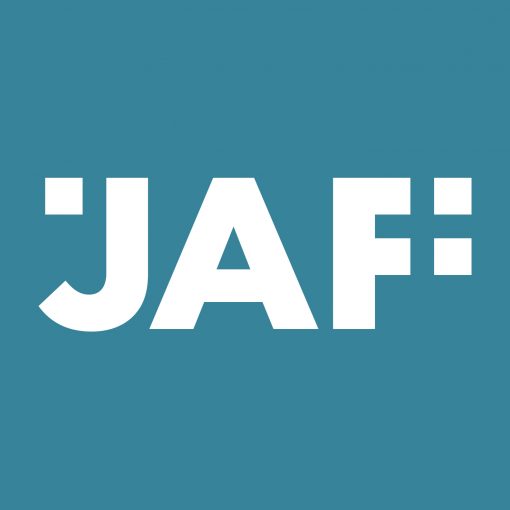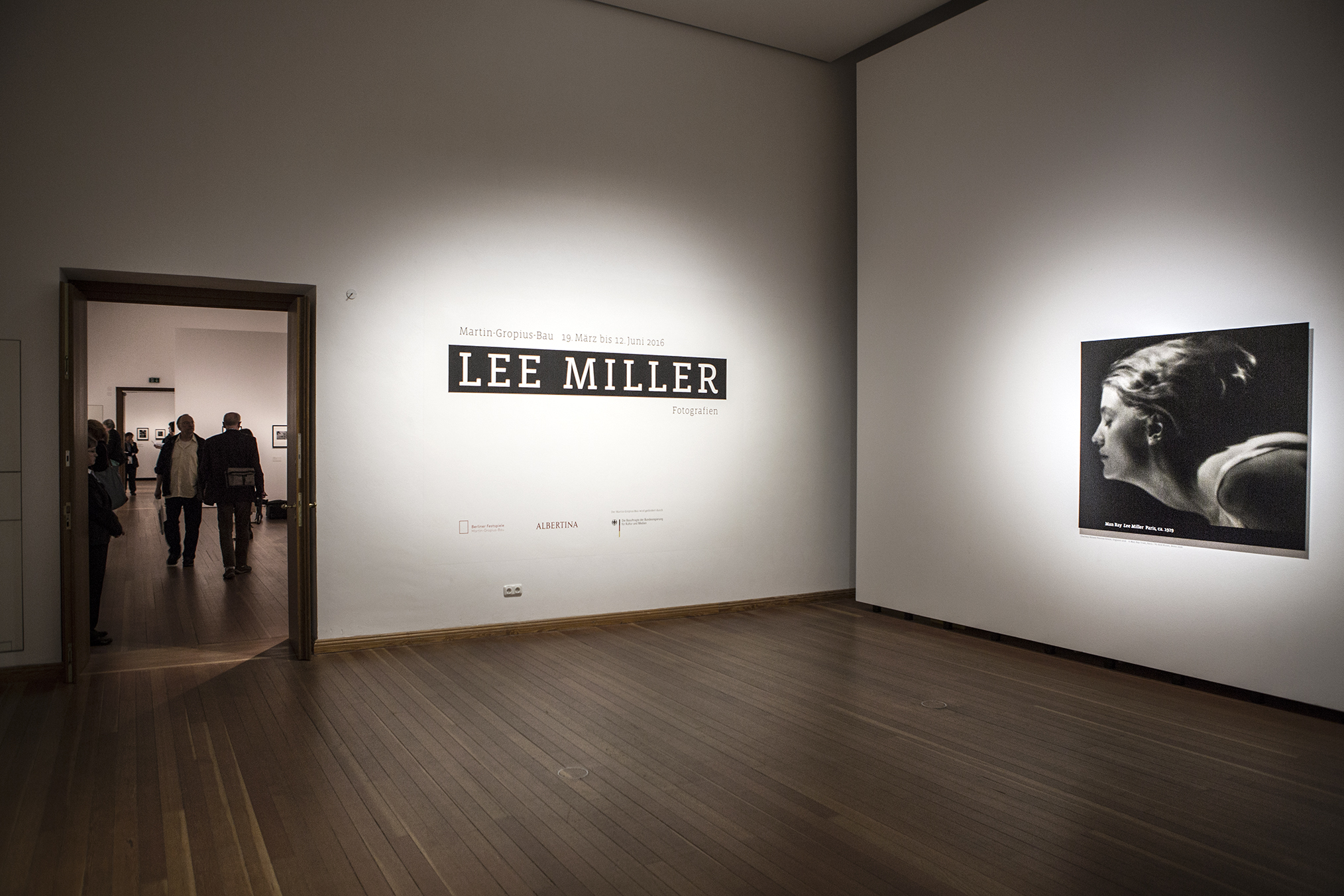On May 11, “The Sociological Review Seminar Series: Childhood publics and the child’s gaze” invited Wendy Luttrell (The City University of New York), Melissa Nolas (Goldsmiths, University of London), and Anne Chahine (Research Institute for Sustainability Helmholtz Centre Potsdam) to speak at “Seminar 2 – Childhood publics: Children returning the gaze”. The seminar series consists of three thematically linked seminars that explore the infrastructure for the child’s gaze from a theoretical, methodological, and ethical perspective. The series is organized by Melissa Nolas, Zoe Walshe (Goldsmiths, University of London), Brenda Herbert (Goldsmiths, University of London), and Elina Moraitopoulou (Hamburg University, Aristotle University of Thessaloniki), and was developed in close collaboration with the Children’s Photography Archive C.I.C. (childphotoarchive.org), a born-digital archive for the work of children who are photographers. The panel talk was facilitated by Brenda Herbert and the afternoon workshop by Melissa Nolas.
Wendy Luttrell began the panel talk by presenting her book “Children Framing Childhoods: Working-Class Kids’ Visions of Care”, where she uses visual materials, created by her young interlocutors, to offer an alternative angle on the capacities and desires of children and youth growing up in working-class communities. Melissa Nolas followed with a talk on photo-story as a useful process to invent childhood publics together with children, making it possible to explore the relationship between childhood and public life. Anne Chahine then shared experiences from her work with young Kalaallit (Greenlandic Inuit) adults, where she used multimodal knowledge production—such as letter writing, exhibition making, future memory making, and storytelling—to create spaces that acknowledge the existence of different knowledge systems and perspectives in research. The three presentations were followed by animated discussions among the speakers and then followed by a Q&A with the audience. Topics included the power of supposedly mundane imagery, the need for and possible danger of translating ways of thinking and being into analyzable units, and the use of metaphors to help us think and better understand our research practices.
The seminar presented an inspiring opportunity for scholars from different disciplines to come together and reflect on how to increase the consideration of researcher biases and power imbalances in research relations, both being highly relevant aspects for ethically sound transdisciplinary and transformative research approaches. There was also great interest from the scholars of critical childhood studies in the specifics of co-creation projects between Indigenous and non-Indigenous scholars in which Anne Chahine has been involved as part of her work at the RIFS. Specifically, the seminar gave way to conversations about the co-writing process of the Roadmap project (https://eu-polarnet.eu/services/), and how collaborative approaches can be fruitful to think across different research stages. The Roadmap project is a comprehensive policy brief for the EU Commission concerning decolonial approaches to EU funding and research programs, initiated by the CO-CREATE collaborative —a group of Indigenous and non-Indigenous, academic and non-academic researchers, activists, and community members from the Arctic and European research institutions—, led by the Saami Council, the Indigenous Voices Group at the Arctic University of Norway (UiT) and the University of Oulu, and funded by EU-PolarNet.





